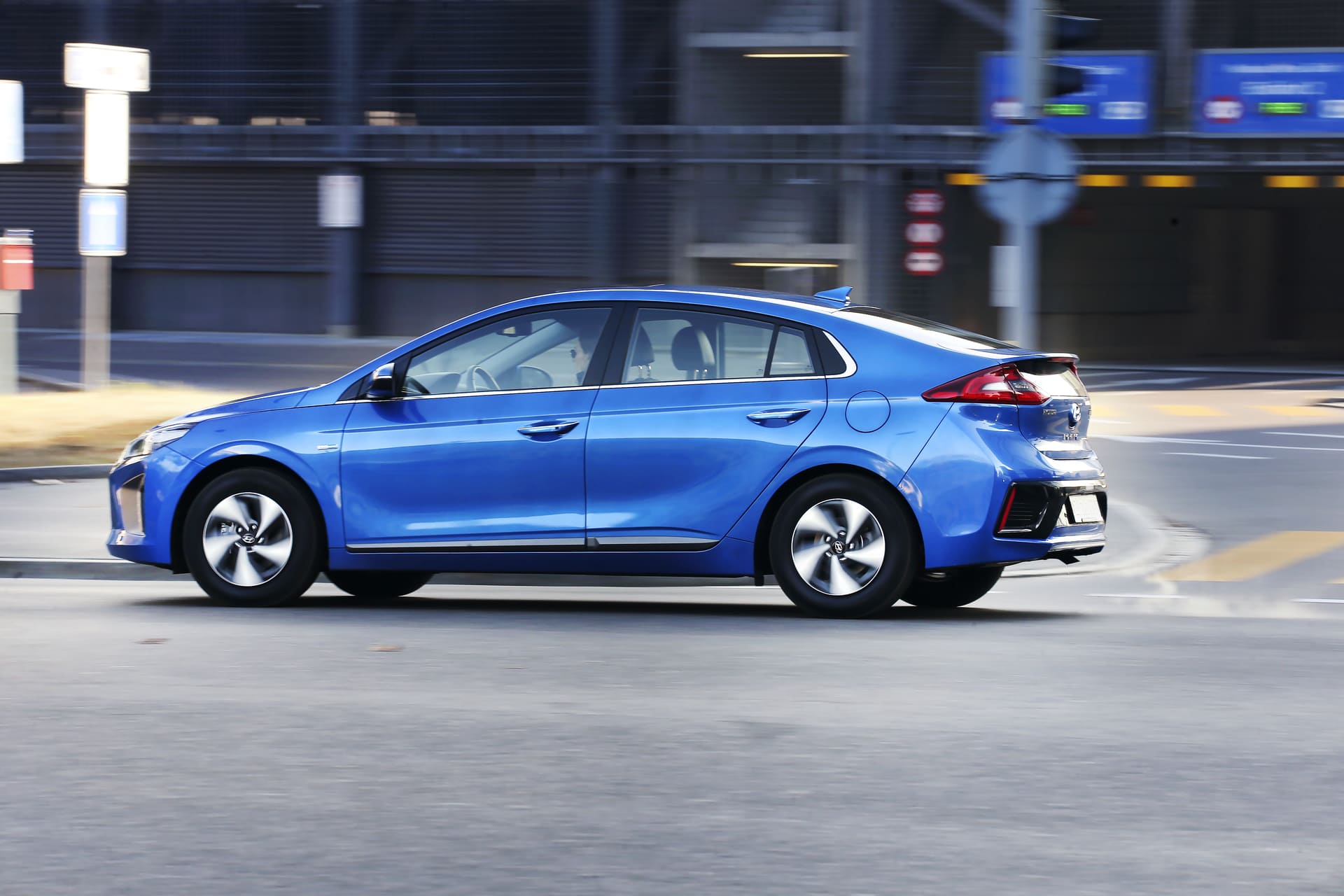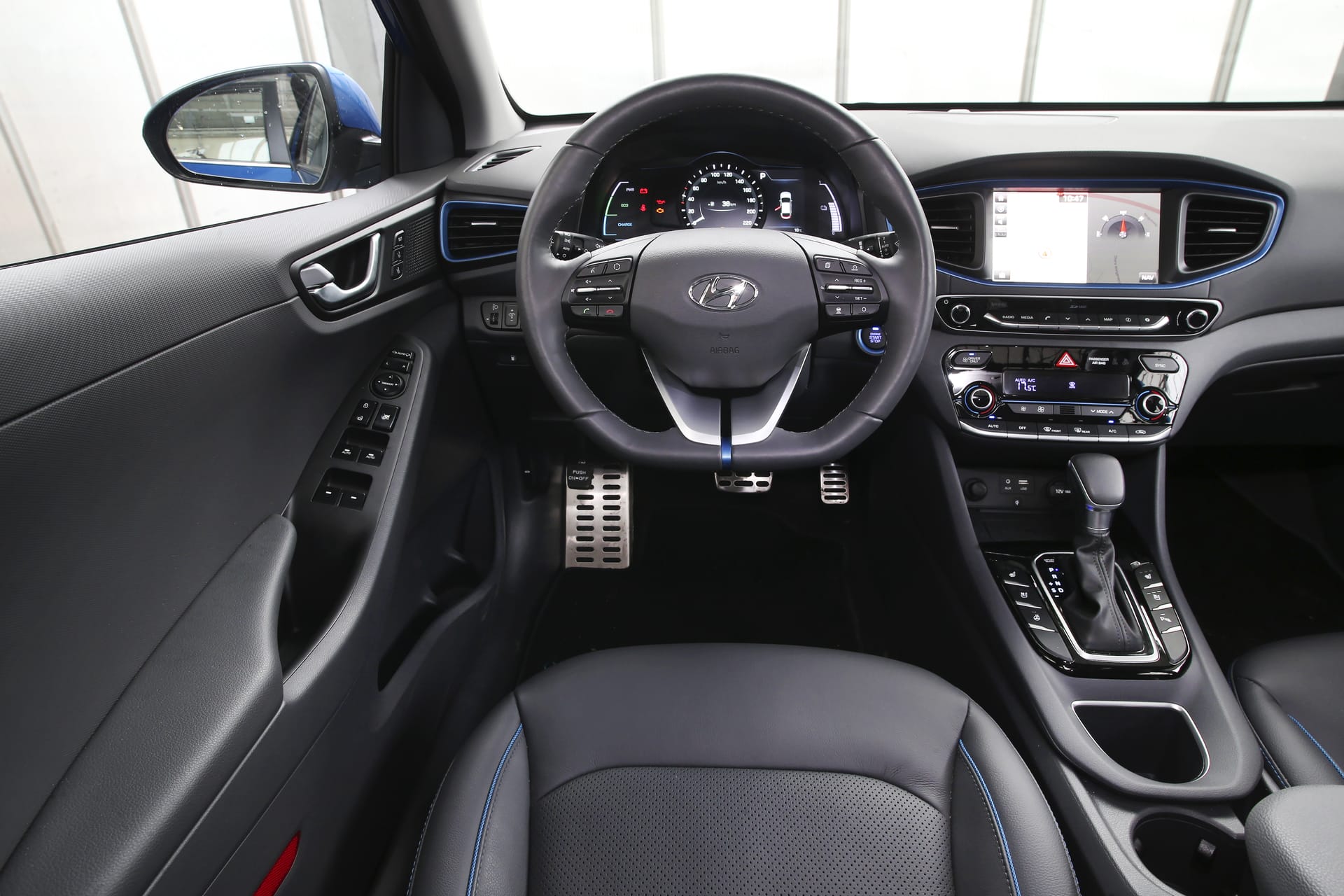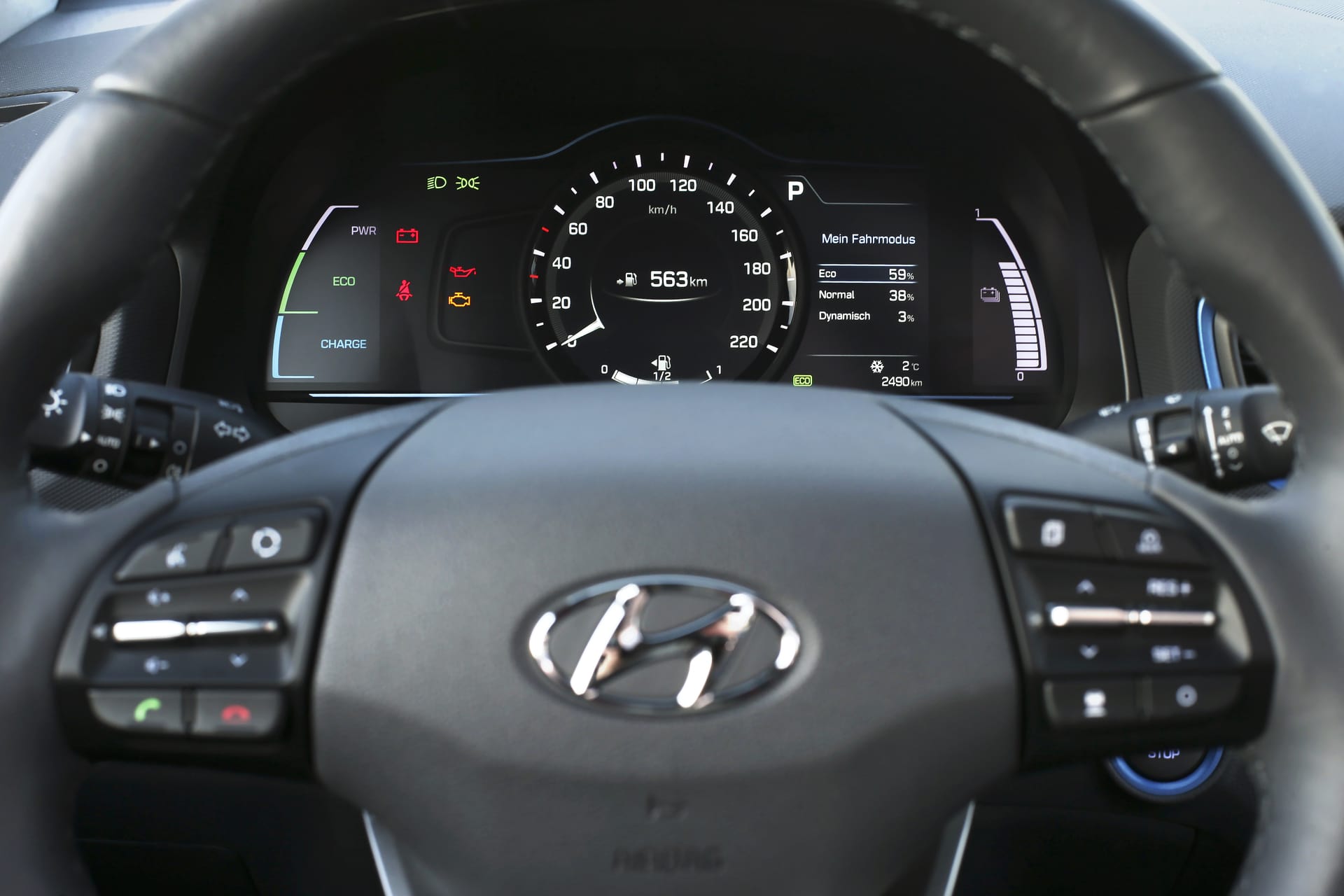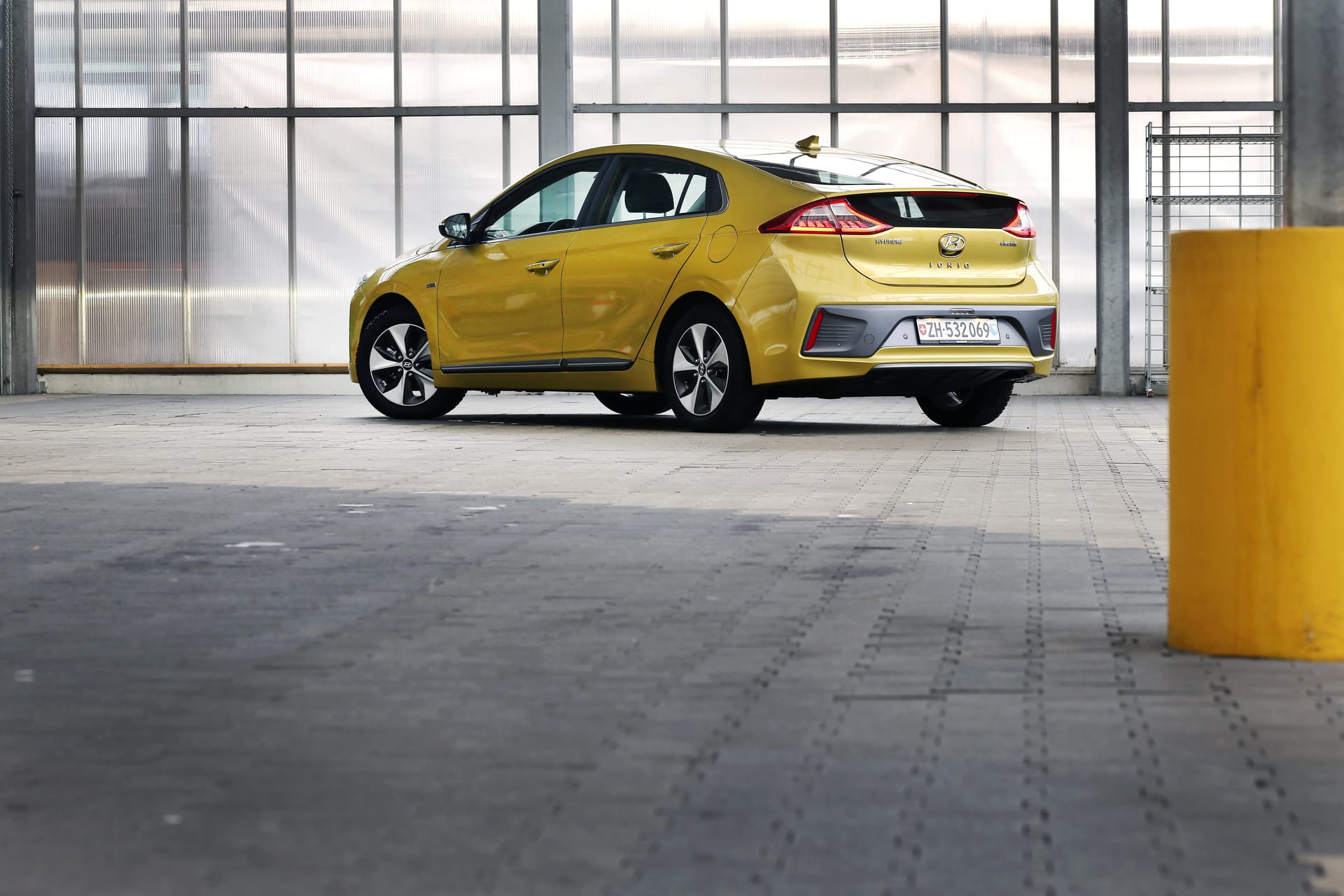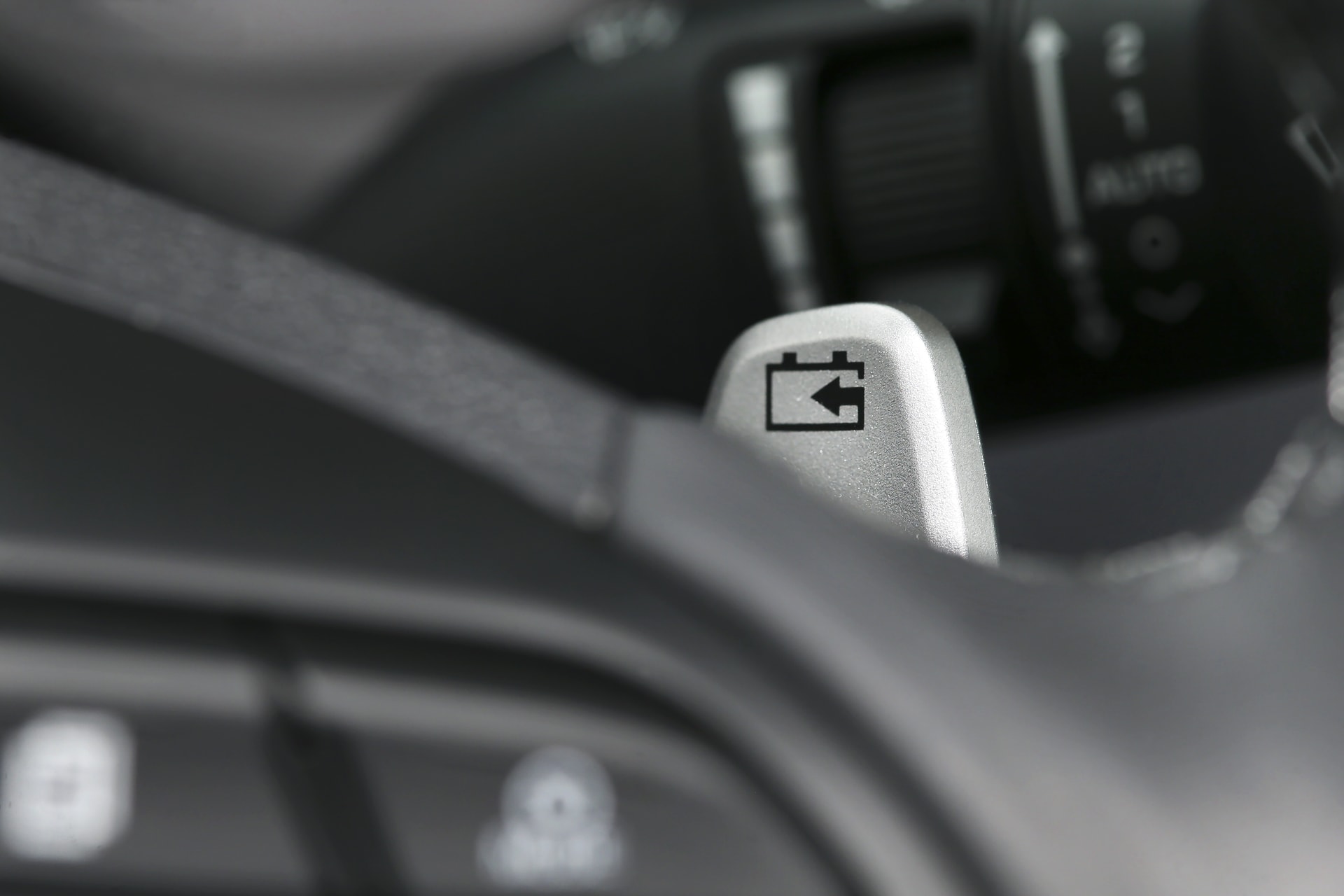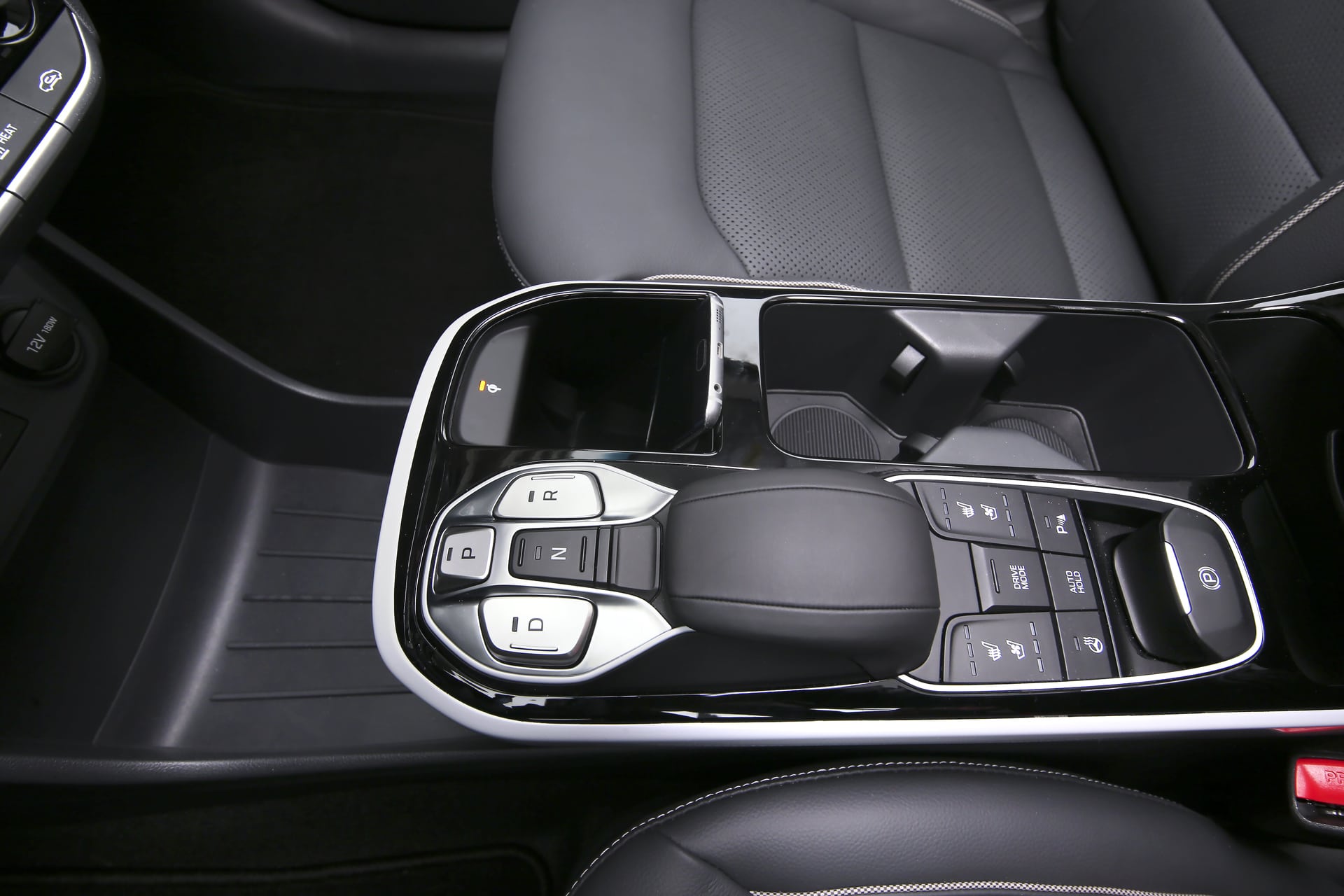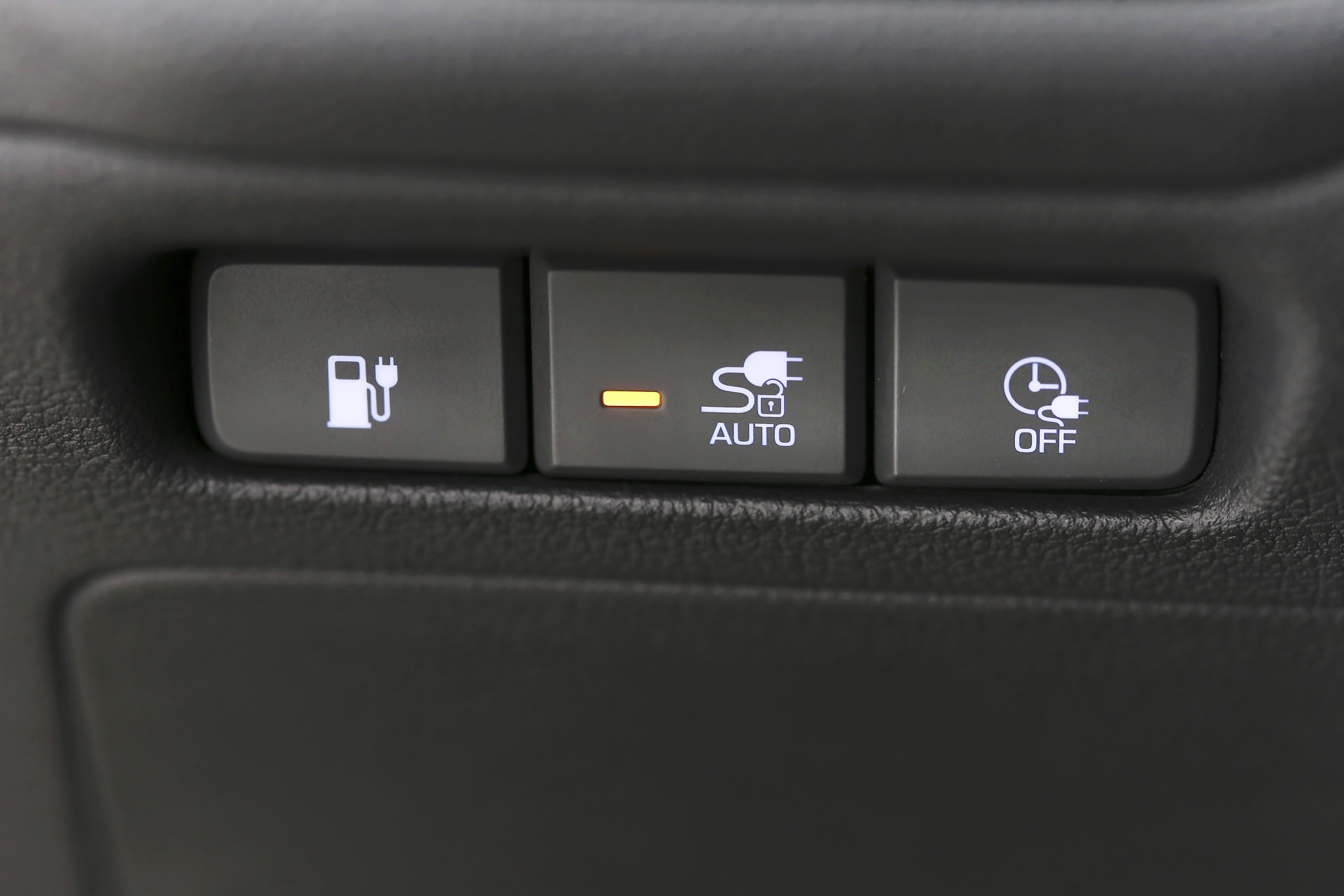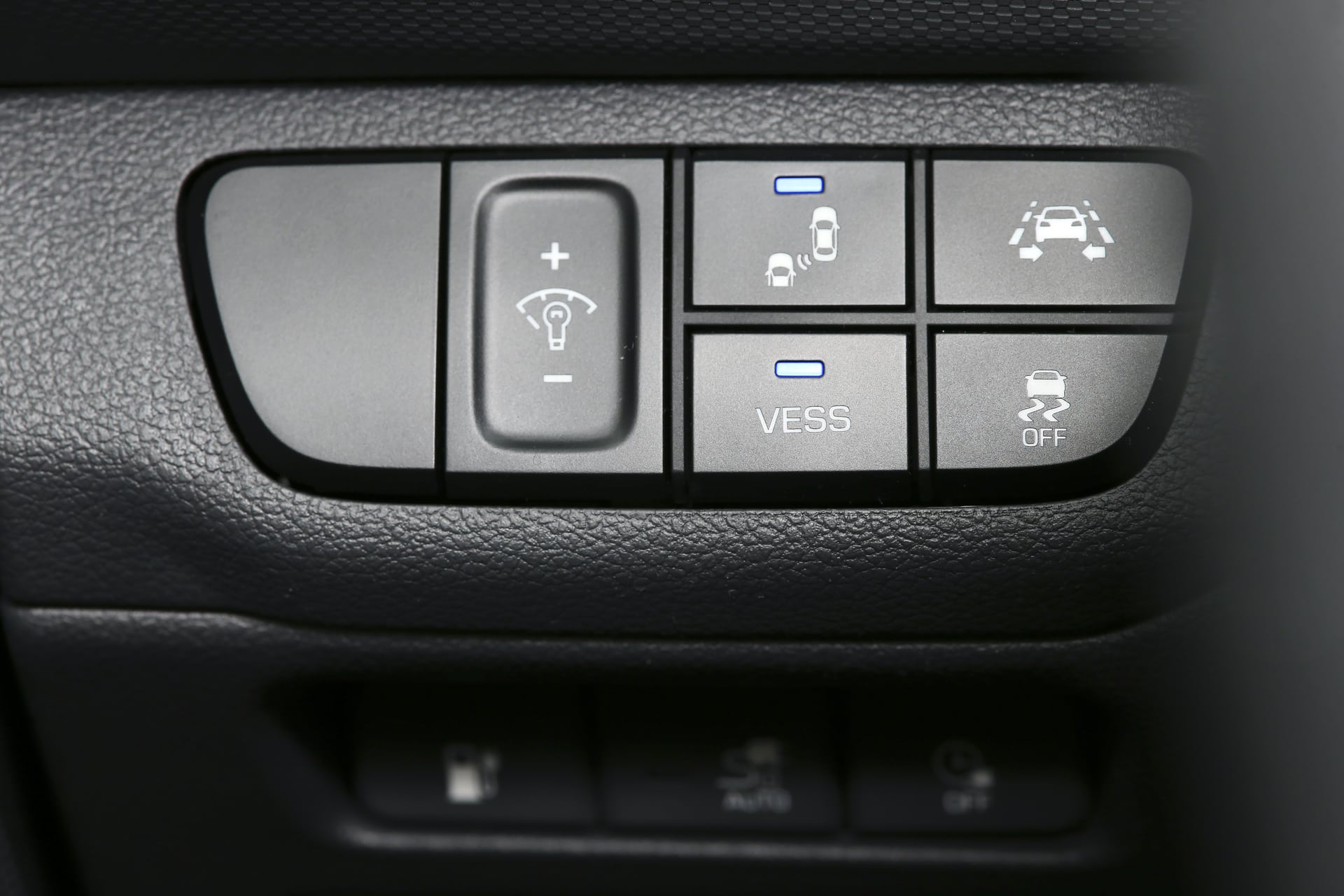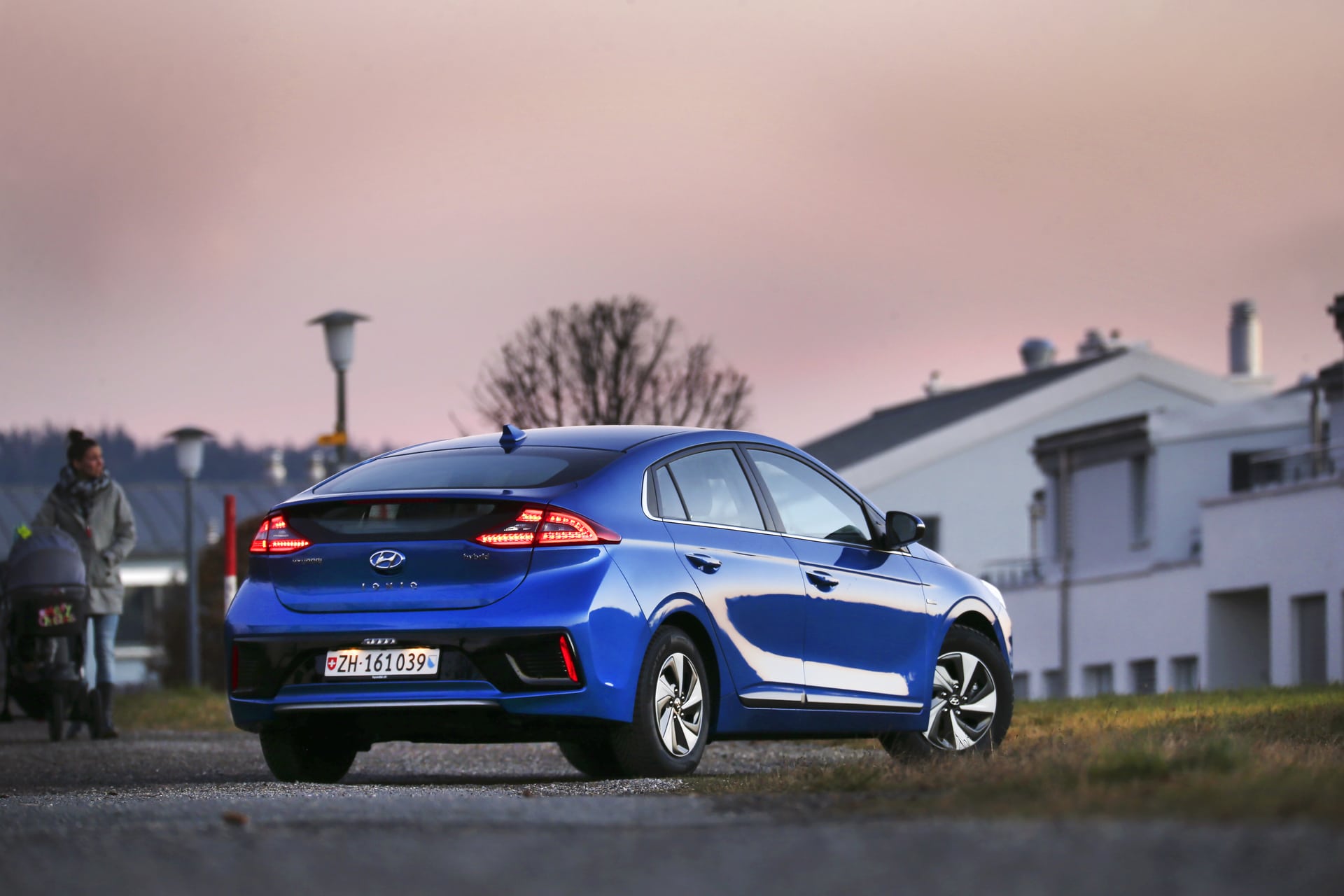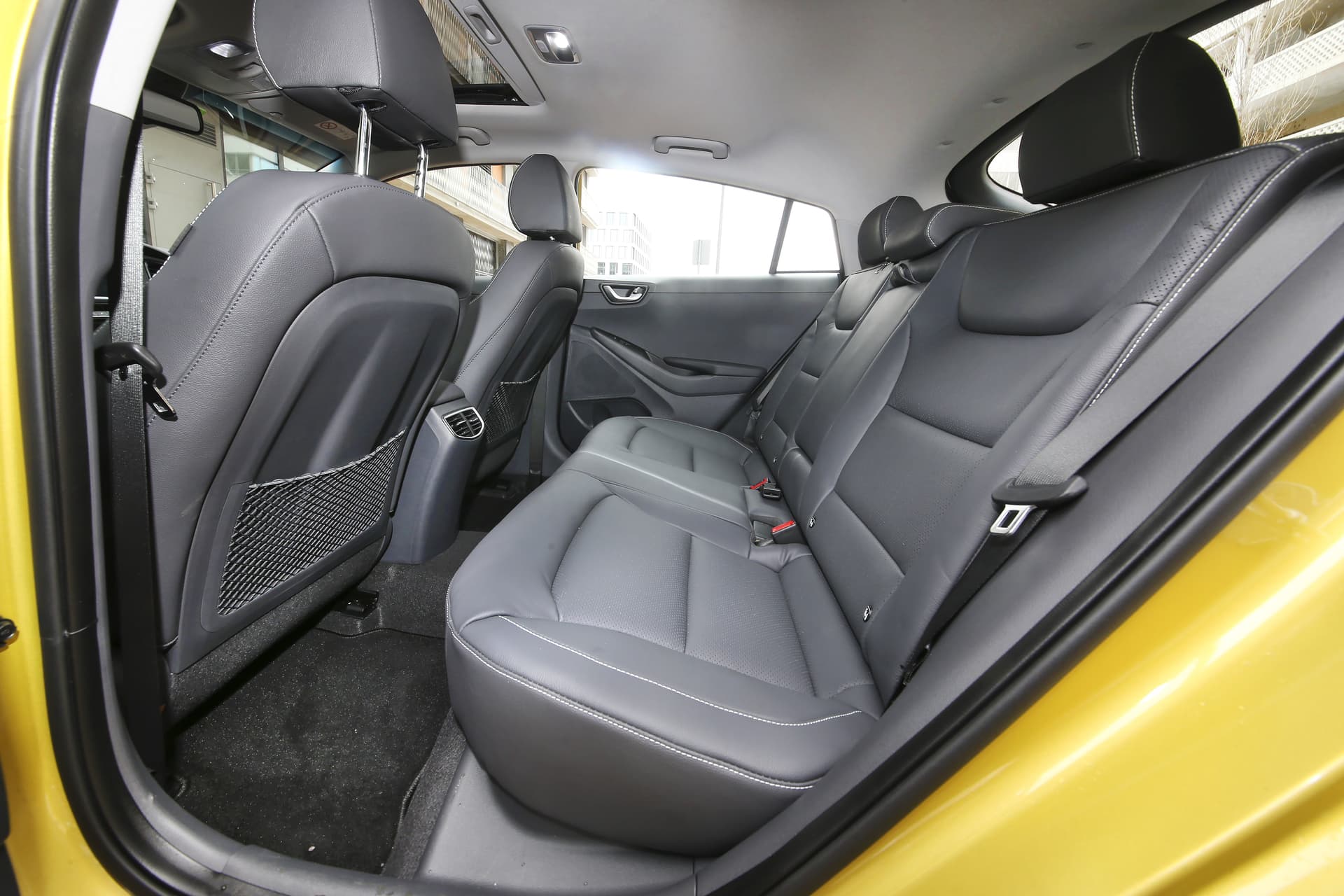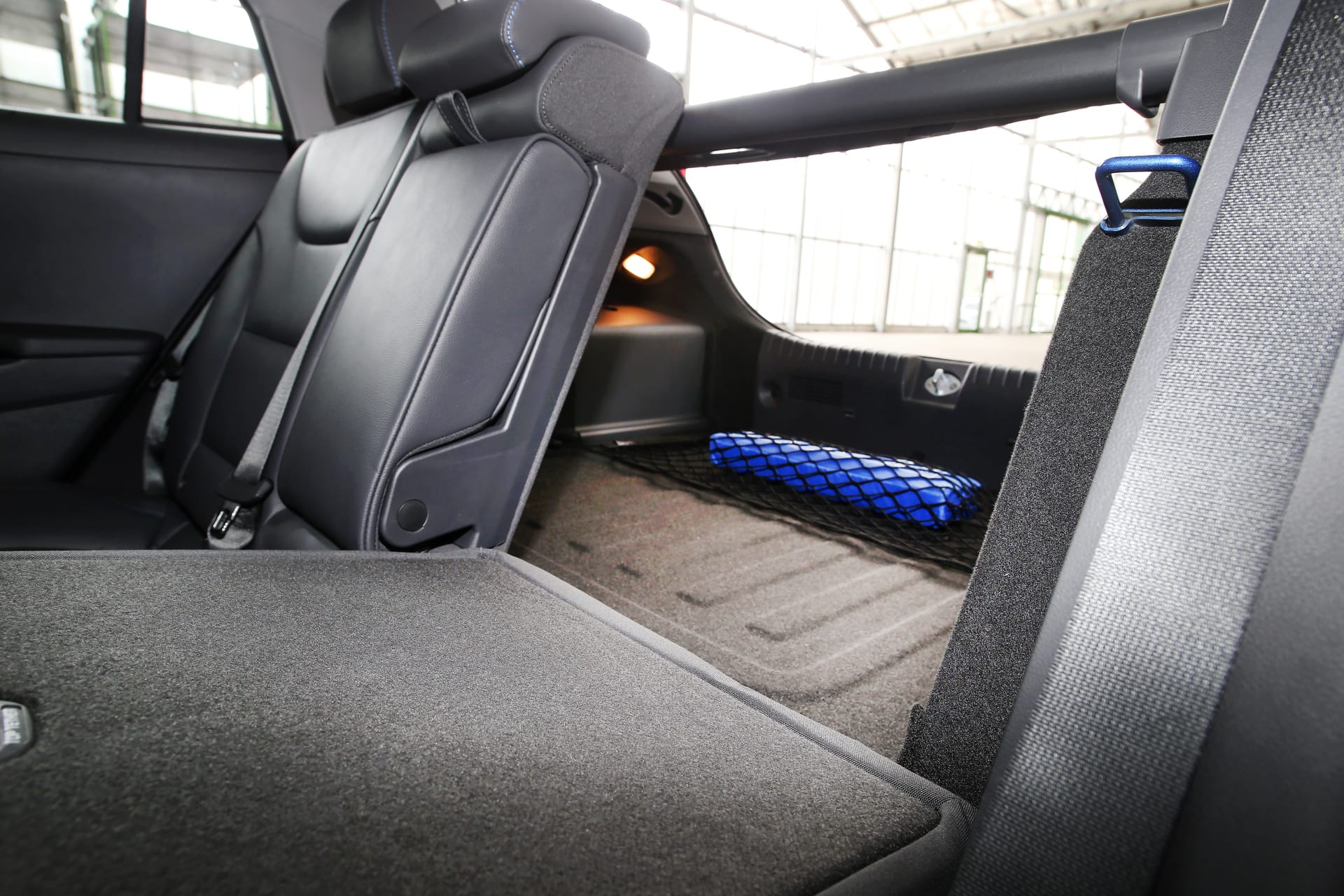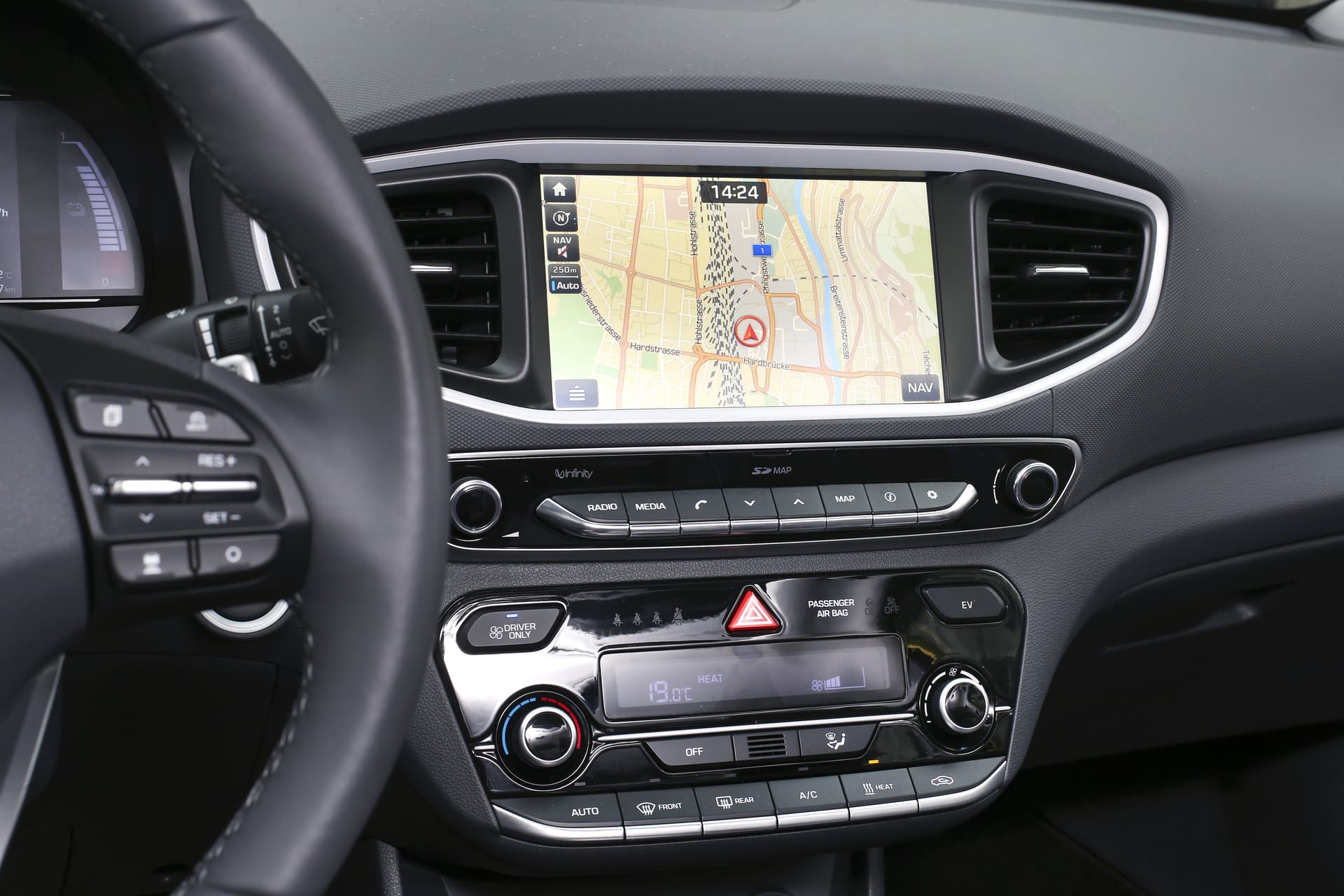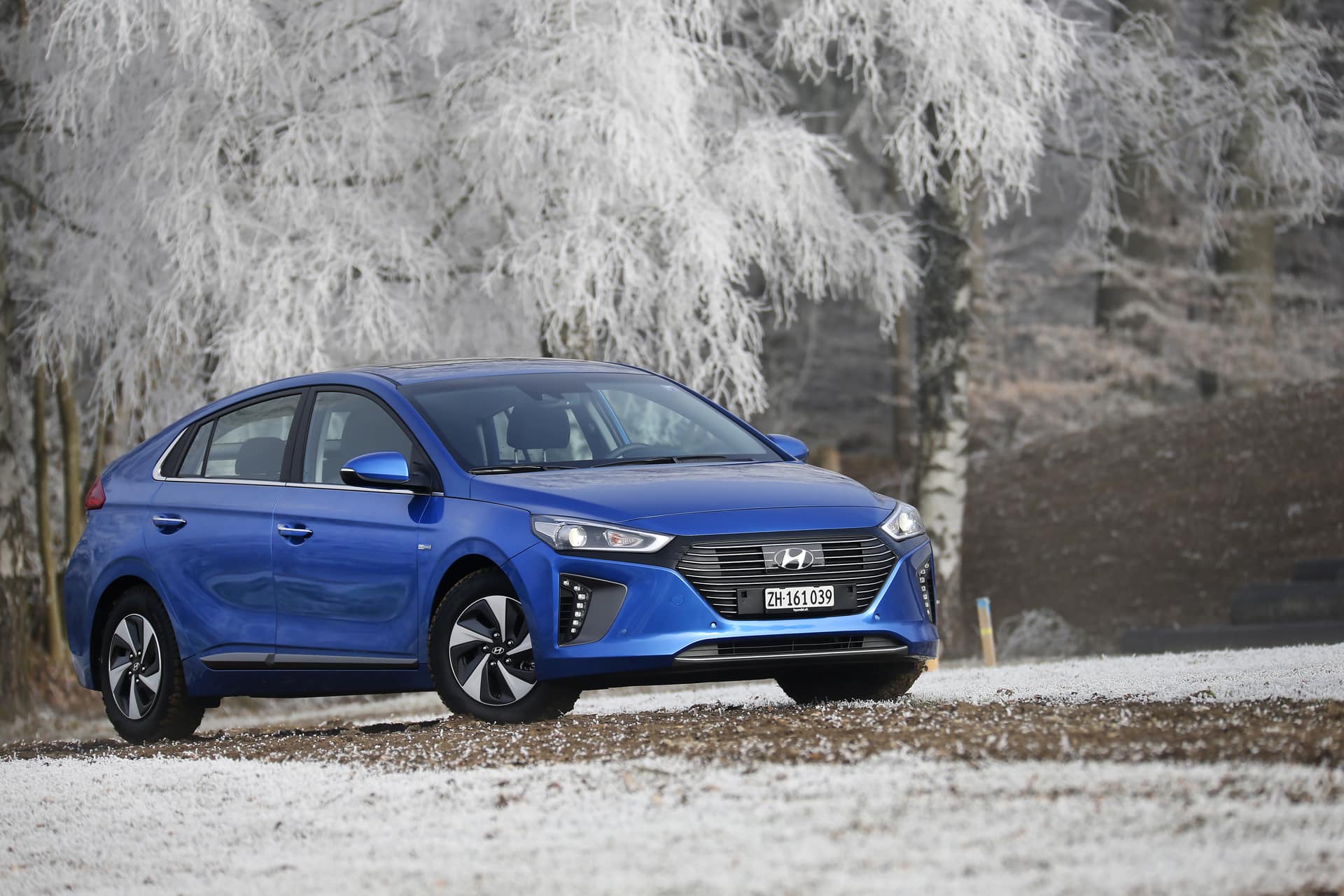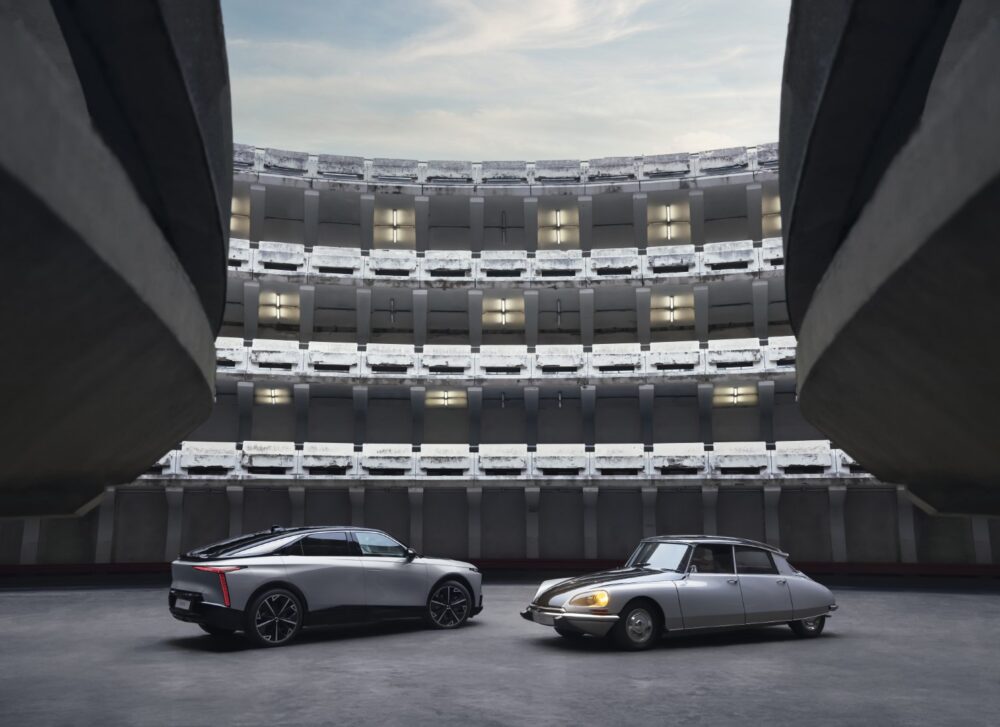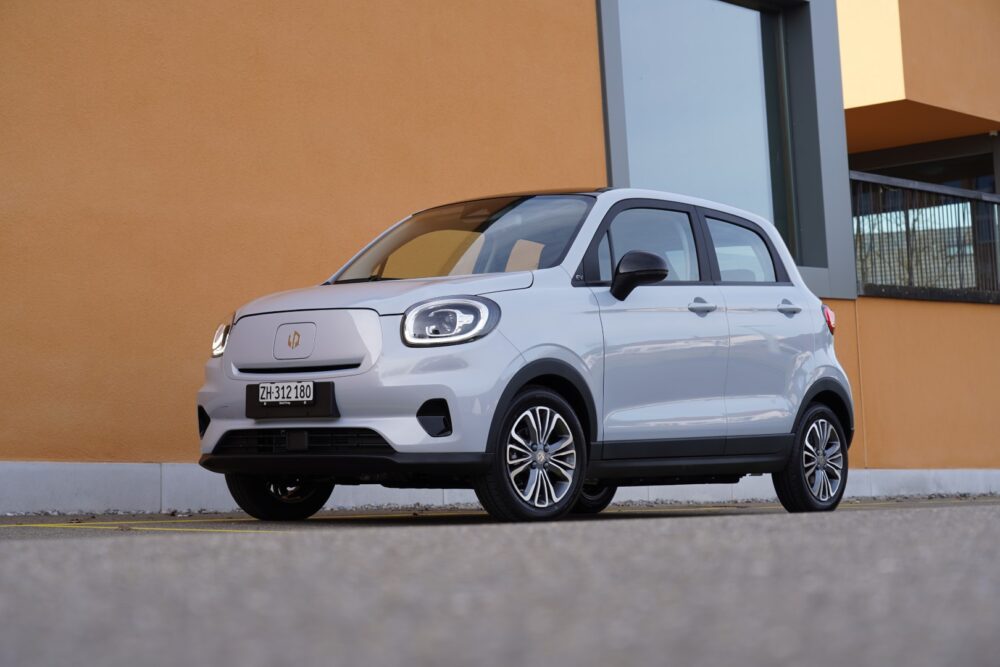Hyundai Ioniq - something for everyone
The Hyundai Ioniq hatchback is the first car to be built as both a hybrid, a plug-in hybrid and a pure electric car. Two are here now, with the plug-in to follow in the summer. Even for those convinced of electrification, a single manufacturer's offering is often not the right fit. Especially customers who do not have their own parking space and consequently no [...]
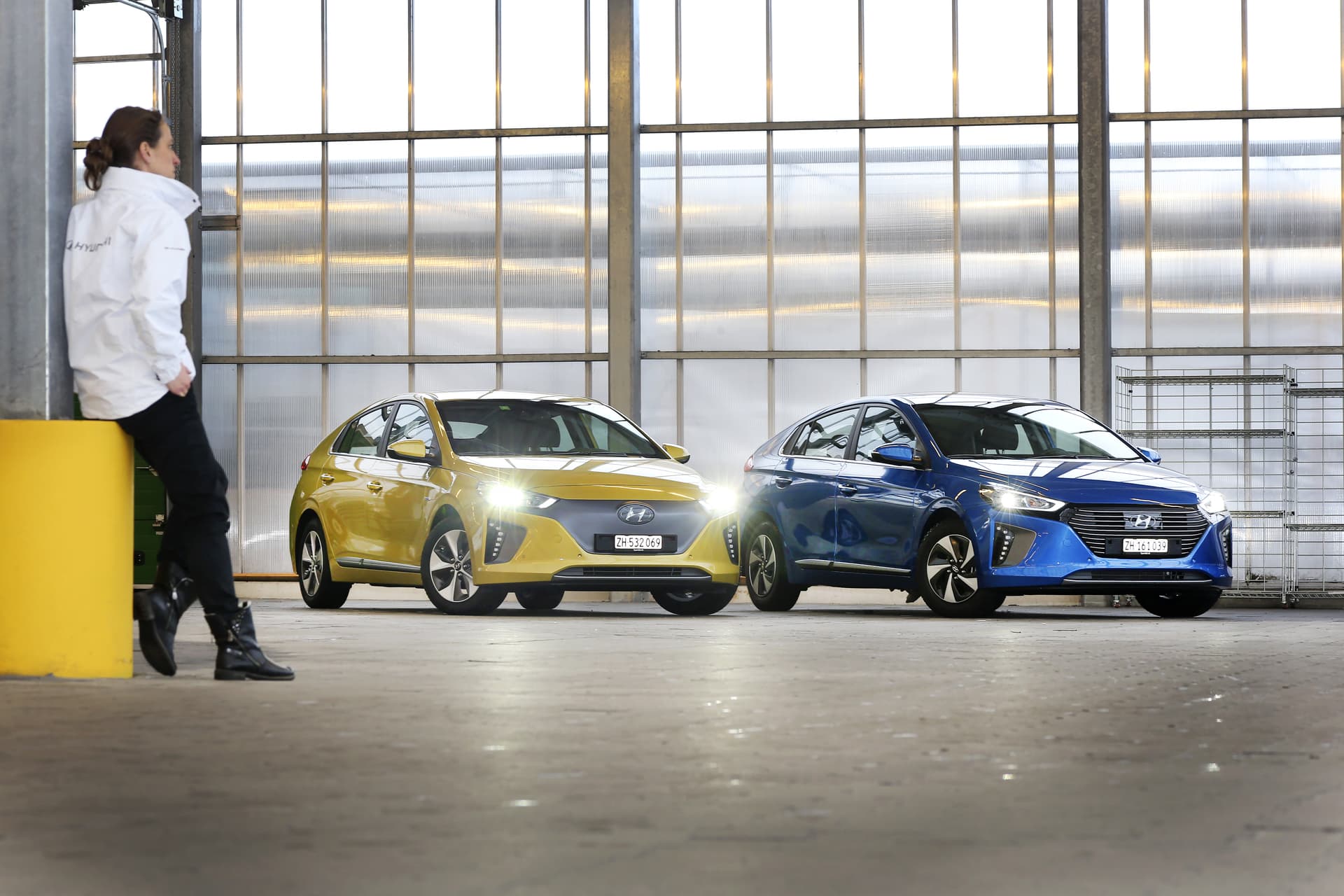
Even for those convinced of electrification, the offer from a single manufacturer is often not the right one. Especially customers who do not have their own parking space and therefore no charging connection currently often feel left alone because of the wave of pure e-mobiles and plug-in hybrids. And despite increasing ranges, the electric car is not the right vehicle for everyone. Hyundai is the first automaker to address this by offering the Hyundai Ioniq in all three currently available electrified variants. The first to be launched was the Hyundai Ioniq Hybrid in November, and it has already sold just under 140 units. The Ioniq EV has just been launched, and the Ioniq plug-in hybrid will also arrive on the market in July 2017. Expectations are high, as Hyundai Suisse anticipates a total of 850 Ioniqs in 2017, 400 of which will be hybrids and 200 EVs.

The hybrid of the Hyundai Ioniq has a direct-injected 1.6 GDi (105 hp) and a permanent magnet synchronous motor (43.5 hp) working together, which helps it achieve system values of 141 hp and 265 Nm. The lithium-ion polymer battery (240 V) has a capacity of 1.56 kWh and 42 kW of output power. Power is transmitted to the front wheels via a 6-speed dual-clutch transmission. This allows the five-door car, which weighs a good 1550 kg and is 4.47 m long, to reach 185 km/h and accelerate from 0 to 100 km/h in 10.8 seconds. These data are also reflected in the driving experience, as the car is not overly lively, but pleasantly dynamic. A standard consumption of 3.4 liters per 100 km seems realistic.

In the Hyundai Ioniq EV, the 360-volt battery has a capacity of 28 kWh, powers an 86-kW e-motor (120 hp). With a consumption average of 11.5 kWh/100 km, the Ioniq EV offers a standard range of 280 km, giving an everyday range of just under 200 km. The EV gets up to 165 km/h and accelerates to 100 km/h in 9.9 s. Thanks to the 295 Nm of torque available from standstill, the Ioniq EV is experienced with the fulminant forward momentum typical of electric cars. Practical: The recuperation strength can be changed in four stages using the steering wheel paddles. In addition, the heating works with a heat pump. At a DC fast-charging station, 80 % of the battery capacity is charged within 30 minutes; at a wallbox or a normal, public AC station, a full charge takes six to eight hours.

The space in the passenger compartment is good for both variants of the Ioniq, only the trunk is somewhat more restricted by the larger battery in the EV and holds 455 to 1410 liters, about 100 liters less than the hybrid. The factory warranty is 5 years (with no mileage limit), and the battery warranty is 8 years or 200,000 km. Prices start at 29,490 francs for the hybrid and 36,990 francs for the EV.







